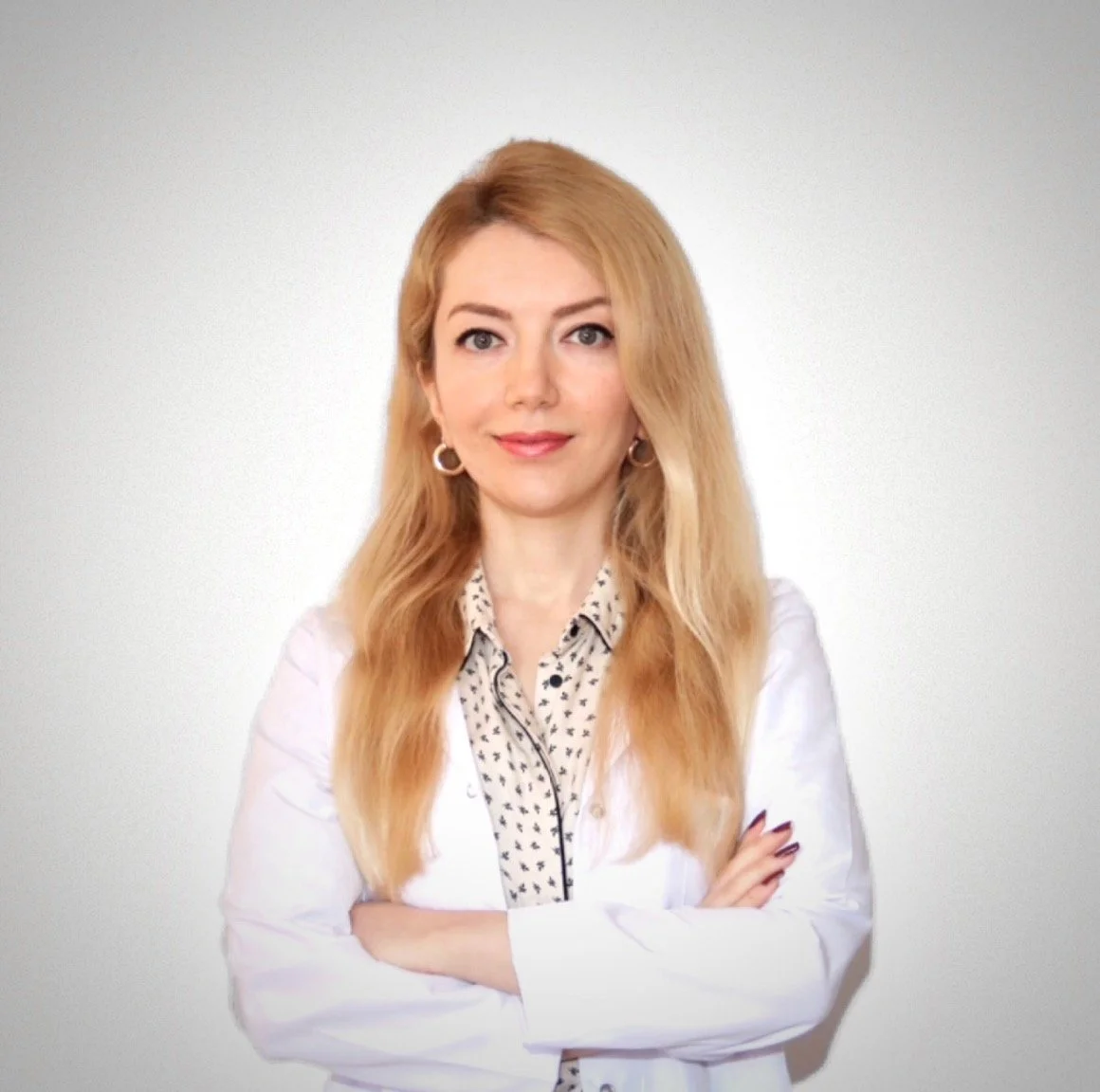Dr. Alex R.B. Thomsen is an Assistant Professor in the Department of Molecular Pathobiology, Biochemistry and Molecular Pharmacology at New York University, and holds B.Sc., M.Sc., and Ph.D. degrees from the University of Copenhagen, Denmark. The majority of Alex’s research has been focused on G protein-coupled receptors (GPCRs) and how this family of cell membrane proteins can be used as drug targets to treat a variety of diseases. Alex has performed research in several world-leading laboratories including Dr. Edward M. Brown’s laboratory at Harvard Medical School and Nobel Laureate Dr. Robert J. Lefkowitz’s laboratory at Duke University Medical Center. During his postdoctoral training in the Lefkowitz Lab, Alex discovered a new mechanism of how some GPCRs continue to signal after they have been internalized into endosomes, which was published in the scientific journals Cell, Nature Structural & Molecular Biology, and PNAS. Before coming to New York University, Alex was an Assistant Professor at Columbia University Medical Center where he initiated his own laboratory that studies endosomal GPCR signaling from multiple perspectives. During his short career, Alex has been the recipient of substantial grant awards and prizes including the Sapere Aude: Young Elite Researcher Prize.
Hyunggu Hahn. Dr. Hyunggu Hahn is a Postdoctoral Associate who obtained B.Sc. Biochemistry and M.Res. Biosciences with emphasis on structural biology from University College London, UK. He received his Ph.D. in X-ray crystallography from the College of Pharmacy at Seoul National University (South Korea) under the supervision of Prof. Byung Woo Han. Following his Ph.D., Hyunggu worked at the National Cancer Center (South Korea) on the structural characterization of signaling proteins before joining the Thomsen Lab. His research interests are elucidating the molecular mechanism of endosomal signaling of GPCRs through understanding the interaction between the receptors and their binding partners using both in vitro and in silico methods.
Lena M. Azar. Dr. Azar is an Assistant Research Scientist who completed her M.Sc. in Microbiology and her Ph.D. in Bioengineering at Hacettepe University in Ankara-Turkey. Her doctoral thesis work included Lactic acid production from crude glycerol by metabolic engineering of yeast and bioreactor optimization. During her postdoctoral research at the Institute of life sciences and biotechnology in Istanbul-Turkey, she was involved in protein engineering, purification, and characterization including; Hepatitis B small surface antigen production in Pichia pastoris, expression of Plasmodium proteins for use in the development of paratransgenesis and biotechnological techniques against vector-borne diseases, determination of different ACE2 receptor sequences that bind with high affinity to SARS-CoV-2 RBD domain, analysis of Interleukin-1 Receptor antagonist (IL-1Ra) expressed in Aspergillus oryzae and design of oligonucleotide library for antibody Fab fragments production against autoinflammatory diseases. She joined Dr. Alex R. B. Thomsen's team in February 2023 as an Assistant Research Scientist where she focuses on structural studies of GPCR-drug interactions.
Jason Chung. Jason is an undergraduate student at the College of Arts and Sciences at New York University and is currently working towards his B.A. in Biology on the pre-dental track. He joined Dr. Alex R.B. Thomsen's team in June 2023 as an undergraduate research assistant and his research interests center around investigating the physiological and pathophysiological functions of endosomal GPCR signaling, particularly in immune and cancer cells, and hopes to one day become a periodontist. Outside the lab, he enjoys playing the violin, tennis, and golf, and has a strong passion for life sciences and oral healthcare
Emmanuel Flores Espinoza. Emmanuel is an Junior Research Scientist who obtained his B.Sc. in Biomedical Science at the National Autonomous University of Mexico (UNAM), where he also pursued a M.Sc. in Biochemistry. His research experience is abroad molecular biology of cancer, immunology and GPCR signaling. He studied the role of Free Fatty Acids Receptors 1 and 4 phosphorylation patterns on its interaction with arrestins, internalization and trafficking, as part of his B.Sc. and M.Sc. thesis projects. Emmanuel is interested in elucidating the control mechanisms of subcellular localization and time of GPCR signaling, and how the spatiotemporal information of signaling is related to cellular responses.
Nina Dorneles Farrington. Nina is a visiting undergraduate student from the University of Bath working towards her BSc in Biomedical Sciences with a focus on immunology and pharmacology. She is currently undertaking her 3rd year on placement at Dr. Thomsen’s lab, investigating the presentation of orphan GPCRs in different disease states. Her research interests lie within the various pathological applications of GPCR signalling, particularly in cancer, and how greater understanding of this can lead to potential treatments and therapies. After returning to the UK, Nina plans to complete her degree and pursue a career in biomedical research.







